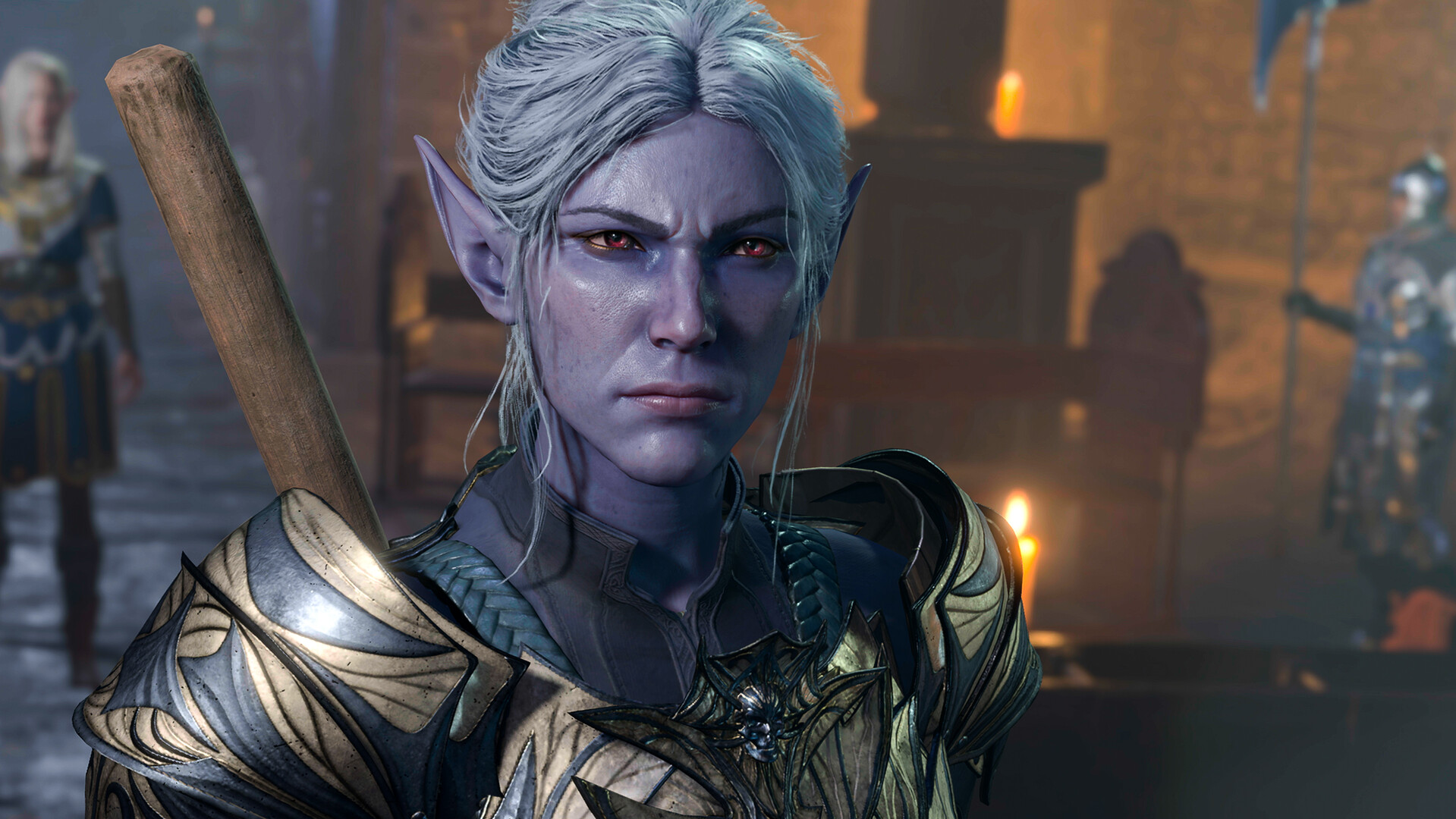
At GDC 2024 (as reported on by IGN), Larian Studios founder Swen Vincke confirmed that the studio will not be making any Baldur’s Gate 3 DLC or Baldur’s Gate 4. Perhaps more surprisingly, he revealed that Larian will be moving away from the Dungeons & Dragons universe entirely for their next project. That news shocked many who not only anticipated more Baldur’s Gate 3 content but expected Larian to continue working within the D&D universe given that game’s success.
In a follow-up statement, Vincke clarified that D&D publisher Wizards of the Coast is “not to blame for us taking a different direction” and even said that WOTC “did their best” and “have been a great licensor for us.” Of course, that just raised more questions about why, exactly, Larian decided to leave the D&D license behind them.
Well, in a recent interview with Eurogamer, Vincke may have finally shed a little more light on the logic behind that somewhat surprising decision.
When asked about an earlier comment he made regarding his concerns about forcing new players to navigate “500 pages of D&D rules,” Vincke reiterated that Larian worked “really hard” to find the right balance between that rulebook and the new player experience. He described that process as “very, very, very complicated and very fine line to walk.” When asked what he would do differently for Larian’s next game, Vincke offered this simple response alongside a laugh:
“Not have such complicated rules.”
Interestingly, Vincke also stated that there are actually two projects the team would like to pursue at the moment. While they seemingly desire to make something at least as large as Baldur’s Gate 3, Vincke describes the other project as a game that will “bring us closer” to the “very big RPG” of their dreams. Crucially, though, he clarifies that “it’s not the very big RPG that will dwarf them all, that we’re making now.”
While the entire story of Larian’s decision to leave D&D behind likely isn’t found in any of those quotes or statements, it’s easy to get a sense of the studio’s long-term decision-making based on what they have shared.
On some level, it does seem like Larian simply doesn’t wish to work within any pre-built universe or ruleset (even one as respected and ambitious as D&D). After all, working within such a universe means working within certain rules and restrictions. Perhaps Wizards of the Coast was more than willing to do what they could to make that process as easy as possible, but the natural boundaries would always be there.
For instance, along with his quote about the complications of the legacy D&D rulebook, Vincke also previously noted that the team decided to cap BG 3 characters at Level 12 rather than the traditional D&D level cap of Level 20. Why? Well, it’s simply because it would have been incredibly difficult (if not impossible) to build a game around the godlike powers players start to achieve at higher levels in that tabletop game.
It’s one of the more practical examples of how working within the established D&D universe forces you to limit yourself or otherwise come up with some incredibly complicated solutions. It just makes sense that Larian would prefer to do their own thing (even if their love for all things D&D is pretty clear at this point).
What intrigues me most, though, are those references to two projects. After all, Vincke previously stated “Life is too short. Our ambitions are very large” when explaining why the studio was moving away from Baldur’s Gate 3. At the time, that seemed to suggest that the studio’s next game was simply too big to fit within the D&D universe.
Now, though, it almost sounds like Larian is at least considering working on a kind of bridge project that will get them to an even larger game down the line. As for whether or not that project will be set within an entirely new fantasy universe that Larian will eventually expand upon, Vincke only stated that what is coming next is “new in the sense that it is different from the things that we’ve done before” but that it will be “familiar enough, but different.” That would also seem to rule out a return to the Divinity franchise, though perhaps some of those game’s more unique non-D&D ideas could be repurposed for future projects.
Regardless, all eyes are certainly on Larian Studios at the moment. Not only did Baldur’s Gate 3 sweep many 2023 Game of the Year awards ahead of considerable competition but Larian has been outspoken about issues in the video game industry and how major companies need to do better by their employees. As such, we’re all eager to see not just what universe Larian builds next but how they choose to approach their ambitious plans within the confines of a clearly struggling industry.
The post Why the Baldur’s Gate 3 Team Is Moving Away From Dungeons & Dragons appeared first on Den of Geek.










